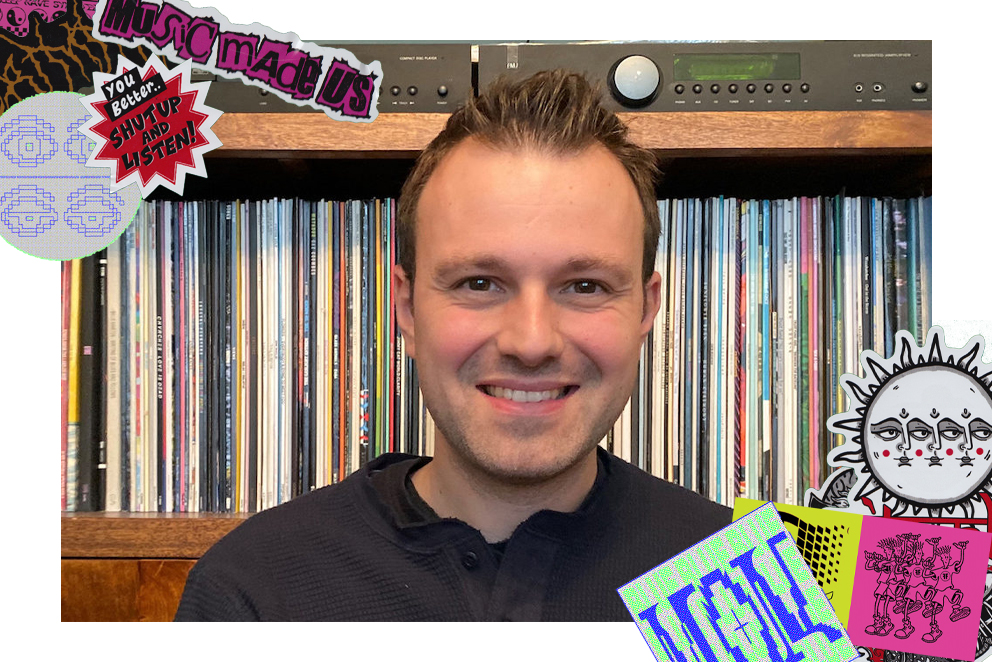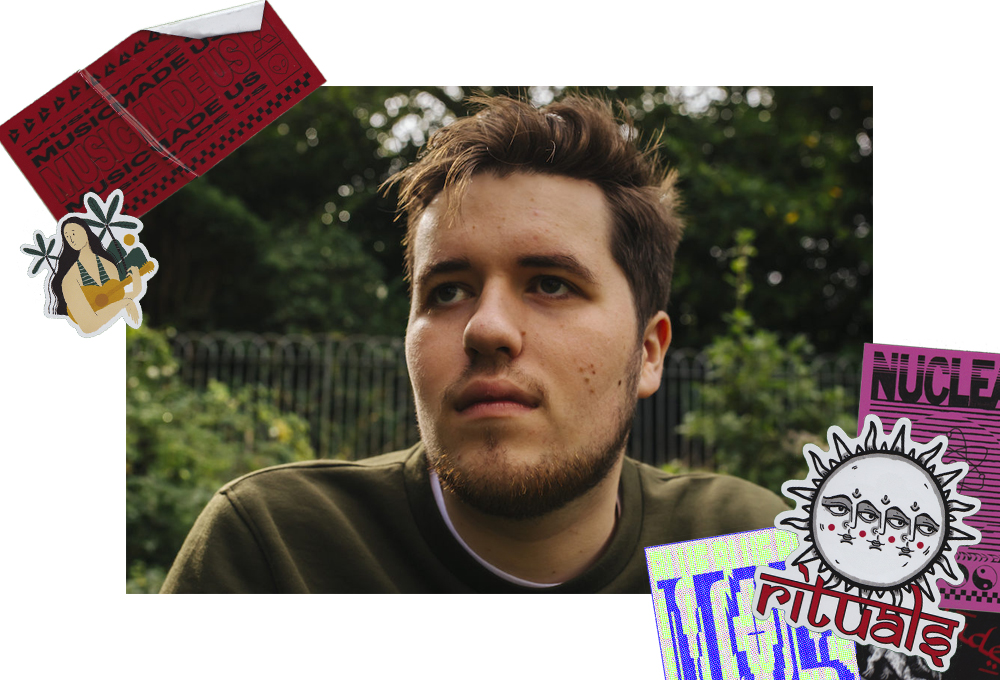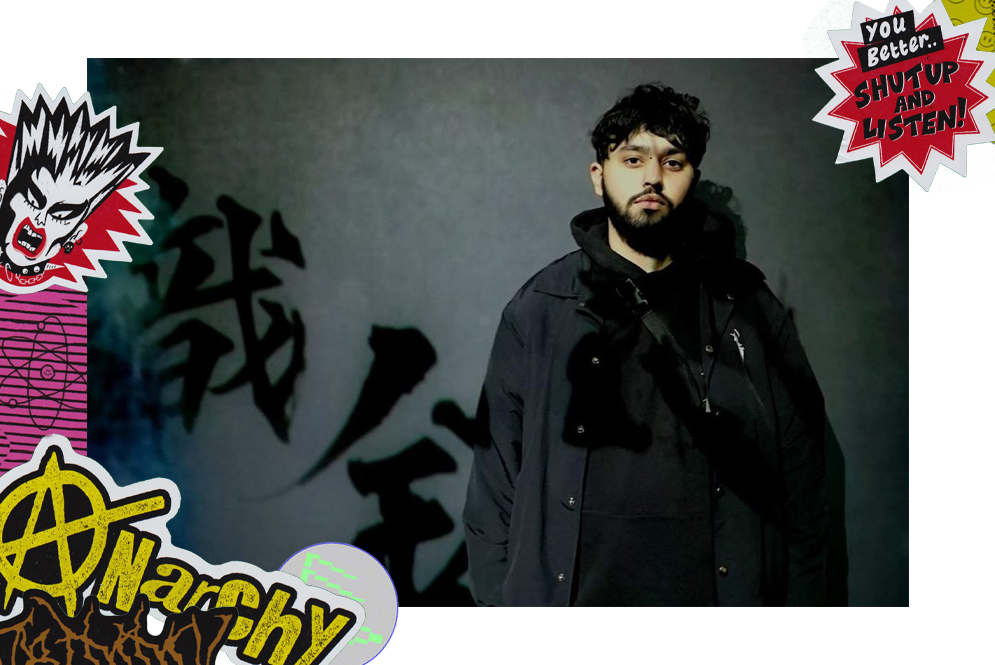I remember hearing Amazing Radio for the first time. We lived in a top-floor flat in Bristol and I was back home in the middle of an autumnal afternoon, having returned from my up-before-dawn shift as a traffic news presenter.
Knackered after the 5am start as usual, I decided to try and keep myself awake by blasting some music and having a browse on our recently-acquired DAB radio. Which stations would I find that were worthwhile?
Nothing really stuck out until I came back to the beginning of the alphabetical list and came across Amazing Radio. A bold name! But a new name.
I clicked the ‘Select’ button and there, out of the speakers, came a wall of indie punk noise, the likes of which you wouldn’t normally hear on daytime radio. “This is brilliant”, I thought, having absolutely no idea who the band were. They sounded young and energetic, like a rough gem to rouse me from my drowsiness and soundtrack my afternoon. The band in question? Cato Street Conspiracy. I’d eventually play them on my first show for the station in January the following year.
Excited by what I’d heard, and impressed by the songs that followed (none of which I’d ever heard before), I did some research and discovered that the station was essentially an open door for bands, songwriters and producers to submit their music via an uploader (amazingtunes.com).
This was 2009. Amazing Radio was heralding a more forward-thinking, democratised era for radio airplay. Emerging artists could get played on a national station, without paying a fortune for a radio plugger. This was, and still is 10 years later, a proper game-changer, with a dedication to new music like few other platforms. In an era now where young artists send their music into the digital ether, hoping to be featured on a streaming service’s editorial playlist, or randomly picked up for a sync placement, radio airplay is still highly valued.
Hearing an actual person talk about your music in glowing terms, to an engaged audience? For the first time? A transformative moment. A genuine boost for a young band. That praise spurs you on. You gain confidence in your ability, pride in your craft, and often, the ambition to grow.
Radio airplay also helps set off a positive chain of events to benefit your cause. Other stations pick up on you. More people know about you. If they liked what they heard on the radio, they could become one of your regular listeners on Spotify. Or better still, they could come to your gig. Bring friends with them. At your gig, some of them might buy merch. The money you make from selling merch could help towards the cost of a recording studio.
Even nowadays, radio still acts as a valuable catalyst for discovery, in a way that other platforms struggle to re-create as simply, or as organically, as how I’ve outlined above. Furthermore, it’s aspirational for other artists tuning in.
Fortunately, Amazing remains one of those all-too-rare companies, intrinsically geared towards helping musicians. It’s about giving the artists the feeling that they’re being welcomed and endorsed, wherever they’re from and however new they are. Long may that continue.
Our Music Made Us campaign is told through the students, graduates, journalists, experts and passionate people who have been shaped by music. Discover their stories here.



